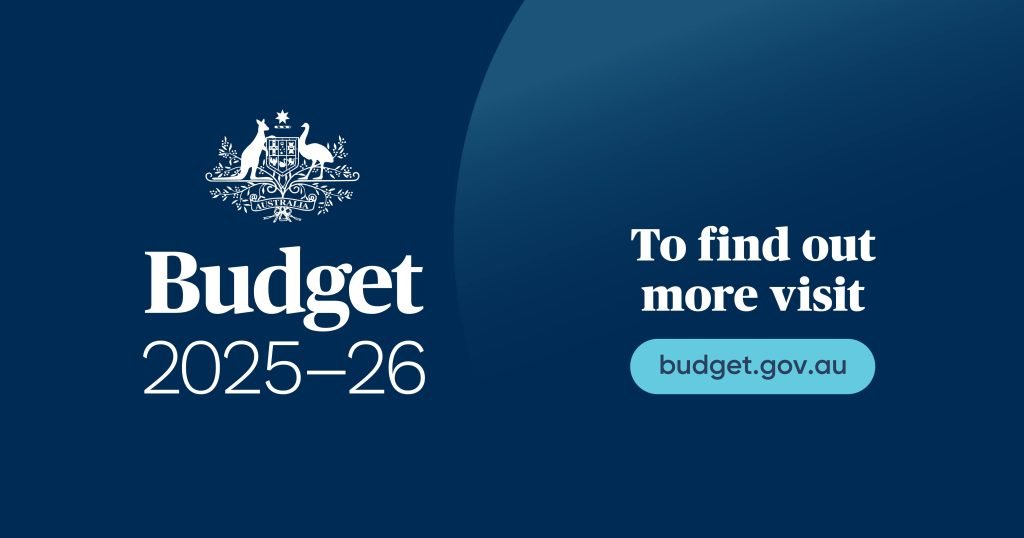If you’re considering seeking mental health support or a career in the field, you might be wondering: What’s the difference between a counsellor and a psychologist in Australia? While both professions play essential roles in supporting mental health and emotional wellbeing, there are key differences in their qualifications, scope of practice, regulatory frameworks, and areas of focus.
In this article, we’ll break down the distinctions to help you make an informed decision—whether you’re looking for the right kind of support or choosing the right career path.
What Is a Counsellor?
A counsellor is a trained professional who helps individuals navigate personal, emotional, or psychological challenges. Counsellors typically work with clients on specific issues such as stress, grief, trauma, relationships, self-esteem, and life transitions.
Counselling is generally short- to medium-term, however in some cases can be long term and focuses on creating a safe, supportive environment where clients can explore their feelings, build coping strategies, and improve overall wellbeing.
Key Characteristics of Counsellors:
- Practical and person-centred
- Emphasis on talking therapy and active listening
- Often specialises in specific areas such as couples counselling, youth counselling, grief, sexual abuse or health issues like addiction
- Work in schools, community organisations, private practice, or EAP programs
What Is a Psychologist?
A psychologist is a registered health professional trained in human behaviour, mental processes, assessment, and evidence-based intervention. Psychologists have a deeper focus on diagnosing and treating mental health disorders such as depression, anxiety, PTSD, and more complex psychological conditions.
In Australia, psychologists must be registered with the Psychology Board of Australia (PsyBA) and meet strict educational and professional standards.
Key Characteristics of Psychologists:
- Conduct psychological assessments and diagnoses
- Deliver evidence-based treatments such as CBT, ACT, and behavioural therapy
- Can work in clinical, educational, organisational, forensic, or research settings
- May work in hospitals, schools, private clinics, and government agencies
Education and Training: Counsellors vs Psychologists
Counsellors:
- Typically hold a Diploma, Bachelor, or Master’s in Counselling or a related field
- May join professional associations such as Certified Practising Counsellors Australia (CPCA)
- Required to meet ethical standards and continue professional development
- Not regulated by a national board, but accountable to their membership body’s code of ethics
Psychologists:
- Must complete a minimum of 6 years of study and supervised practice
- Typically a Bachelor of Psychology, followed by Honours and either a Master’s, Doctorate, or two-year internship
- Must be registered with AHPRA via the Psychology Board of Australia
- Are protected under law; only registered professionals can use the title “psychologist”
Scope of Practice: What Can Each Do?
Counsellors Can:
- Provide support for everyday issues and life challenges
- Help clients build emotional resilience and improve communication
- Offer guidance, coaching, and psychoeducation
- Work with individuals, couples, and groups
Psychologists Can:
- Diagnose mental health disorders
- Conduct psychometric testing and clinical assessments
- Treat more complex psychological issues using evidence-based interventions
- Provide reports for courts, NDIS, or Medicare purposes
Regulation and Recognition
Psychologists are a regulated profession under AHPRA. They must meet registration, continuing education, and ethical conduct requirements. Their title is protected by law.
Counsellors are part of a self-regulated profession in Australia. This means they are not legally required to register with a government body, but are expected to uphold the standards of their professional associations (like CPCA, VMHPAA for example).
Tip: When choosing a counsellor, look for one registered with a reputable body to ensure they meet ethical and professional standards.
Medicare and Rebates: What’s Covered?
One of the most practical differences lies in access to Medicare rebates.
- Psychologists can provide services under a Mental Health Treatment Plan (MHTP), which allows eligible clients to access Medicare-subsidised sessions (usually up to 10 per calendar year).
- Counsellors currently do not have access to Medicare rebates, though their fees are often more affordable.
This difference has sparked ongoing advocacy efforts to broaden public access to registered counsellors, especially in underserved communities.
Which One Should You Choose?
The right professional depends on your needs:
Consider a Counsellor if:
- You need support with a life challenge, relationship issue, or personal growth
- You want a safe space to talk and explore your emotions
- You’re looking for practical coping strategies and tools
Consider a Psychologist if:
- You need a mental health diagnosis
- You’re managing a complex or long-term mental health disorder
- You require formal reports for school, work, or legal purposes
Working Together: It’s Not Either/Or
Counsellors and psychologists often work collaboratively. For example, a client may see a psychologist for clinical diagnosis and treatment, while also working with a counsellor for ongoing emotional support and lifestyle coaching. Each professional brings unique strengths that can complement one another.
Final Thoughts
In summary, both counsellors and psychologists are vital to Australia’s mental health landscape. While psychologists have a clinical focus and legal regulation, counsellors offer accessible, holistic support for those navigating life’s challenges.
Whether you’re seeking help or planning your career, understanding the difference between the two roles empowers you to make the best decision for your situation.
Want to become a counsellor?
Download our CPCA Membership Guide or explore how Certified Practising Counsellors Australia supports your counselling journey.




